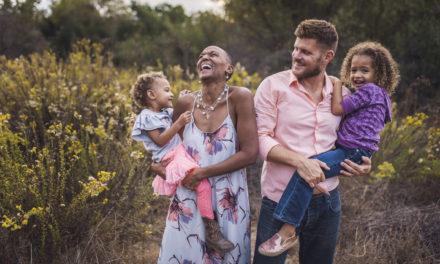As we enter the last leg of the summer, many Americans are faced with the possibility of a lot more social interaction in the next few months. Despite current Covid-19 trends, a good number of states no longer require masks when inside, and events like the Rolling Loud music festival have already returned. Higher education institutions and corporate jobs alike are likely to return to in-person activities in the next few months.
But make no mistake: the society that emerges from the pandemic will be vastly different than the one that went in. Thanks to social media, it has been easier than ever for people to be kept abreast of the barriers and plights experienced by marginalized communities. These apps make it easier for members of these groups to find a community where they can be vulnerable about their experiences. As people who are not members of these communities also consume this content, they are often faced with this information for the first time. In the last year, we’ve seen an increase in awareness of everything from Black Lives Matter and the unique experiences of AAPI Americans, to hundreds of unmarked graves of native children under boarding schools.
The society that emerges from the pandemic will be vastly different than the one that went in. Thanks to social media, it has been easier for people to learn of the barriers and plights experienced by marginalized communities. Click To TweetThis amount of information can be overwhelming, and trying to make sure you are up to date on issues, using the proper terminology, and properly using your platform can be exhausting. Here are a few tips for how to navigate conversations while minimizing harm:
1.) Do your research
Of course, you do not have to enter any conversation you are not prepared for; however, if you choose to engage, it would behoove you to know more than an infographic worth of information on the subject. Books are your friend.
2.) Do not speak for identities that are not your own.
It is wonderful that you are now well-informed about the history and continued struggles of marginalized groups. This does not mean that you are now qualified to be the spokesperson of that group. They are still experts in their own experience. Instead, find ways to amplify voices that belong to the group in question.
It is wonderful that you are now well-informed about the history and continued struggles of marginalized groups. This does not mean that you are now qualified to be the spokesperson of that group. Click To Tweet
3.) Prepare to be wrong.
No one is perfect; we’ve all said things before receiving all of the information. If a topic is based on other people’s lived experiences, that can be viewed as problematic. If you find yourself in this situation, a sincere apology can go a long way. What else goes a long way? Accepting criticism and taking accountability for your actions with genuine intention to do better in the future.
No one is perfect; we’ve all said things before receiving all of the information. A sincere apology can go a long way, along w/accepting criticism and taking accountability for your actions with genuine intention to do better. Click To Tweet
4.) You do not have to participate.
You have a right to refuse to engage in any conversation that you choose, especially if you worry it may have negative effects on your mental health. You are not a representative of your community. Of course, you should do so respectfully and be prepared for any backlash for your decision, but it is your right to remove yourself.
These tips are in no way exhaustive; we will be discussing some of these changes in societal norms forever, as they are constantly changing. This is but a quick list of things to consider as you venture out into the (semi-)post Covid-19 world.




















